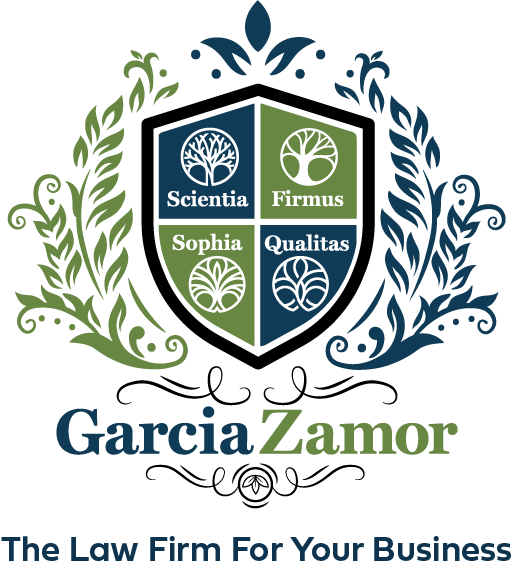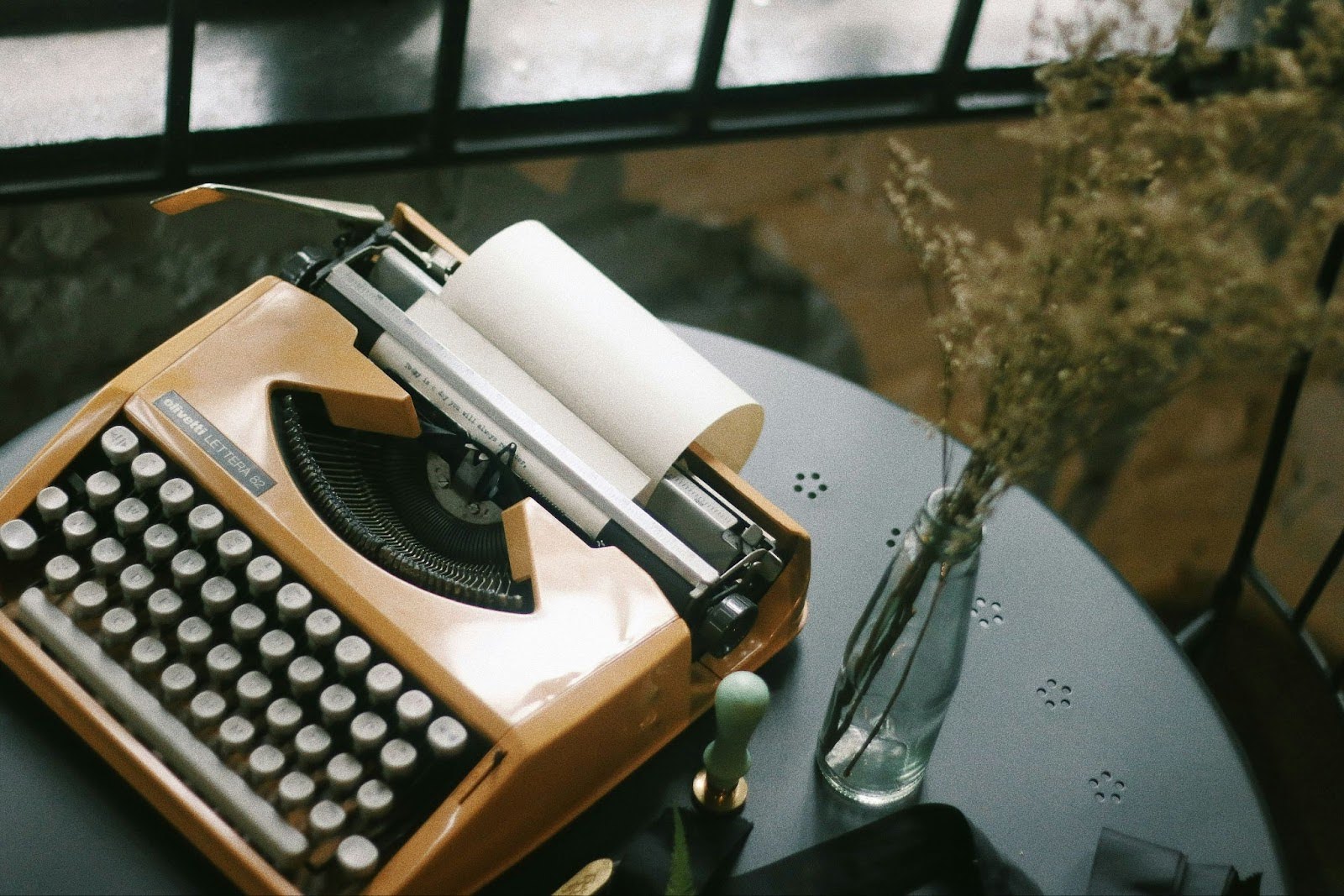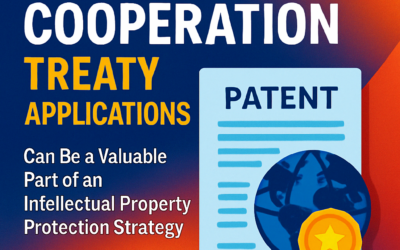George RR Martin, Jodi Picoult, and Jonathan Franzen are all very different authors. They write in wildly different genres, with different styles, and have different fanbases. But they do have a few things in common: 1) they are each some of the foremost names in their respective genres; 2) they are each part of the Author’s Guild, an organization of authors gathered together to support each other and protect their rights; and 3) they are all involved in a class action lawsuit against OpenAI over copyright infringement.
The Authors Guild, which boasts being the “oldest and largest” professional organization for writers, is taking action against OpenAI, the company which owns ChatGPT, over alleged copyright infringement that is inherent to OpenAI’s training process. What is this case about and why does it matter? Let’s dive in.
What Is OpenAI and Why Is the Author’s Guild Suing?
OpenAI is a research organization dedicated to the development and research of artificial intelligence. Although AI can have many uses, OpenAI’s most famous recent product is ChatGPT, an AI chatbot that can take on a personality based on what users feed it and the flow of the conversation. This uses generative AI, which trains on existing materials — allegedly to create something new. Other examples of generative AI include AI-created photographs and artwork.
The generative element is exactly what the Author’s Guild takes issue with. According to their claim, OpenAI used work from various members of the Author’s Guild to train GPT without consent from the authors or any compensation, threatening the livelihood of those authors who, of course, live off of their words.
“Without Plaintiffs’ and the proposed class’ copyrighted works,” wrote co-counsel Rachel Geman, “Defendants would have a vastly different commercial product.” Another co-counsel, Scott Sholder, added, “Plaintiffs don’t object to the development of generative AI, but Defendants had no right to develop their AI technologies with unpermitted use of the authors’ copyrighted works.”
Essentially, OpenAI used the works of these authors, both famous and not, without reaching out for any consent from the authors or offering any compensation for their use.
The Bigger Picture
An author’s words are their livelihood, their careers. If someone else can copy their words and profit off of them, that’s livelihood taken away from the author. This is why registered copyright is so important for so many authors, so that they can prove their works are their own and enforce their intellectual property rights.
With the rise in AI-generated books, questions about the necessity of human authorship have begun to permeate the industry. Will all the books of the future be written by AI? But the Author’s Guild holds that not only are human authors necessary, AI-generated books and texts could not exist without plagiarizing those human authors. AI is ultimately a machine, and it can only create based on the existing materials it’s been trained on.
A New Legal Landscape
Although AI trains on existing materials, is the finished work plagiarized? Or is it the equivalent of a human writer learning the tricks of the trade by reading their own favorite books? What is an author owed when their work is used to train AI?
This is such a new technology, and at this point, courts are still trying to decide what to do. Whatever the outcome of the Author’s Guild class action lawsuit, it could set a historic precedent when it comes to copyright and generative AI.







